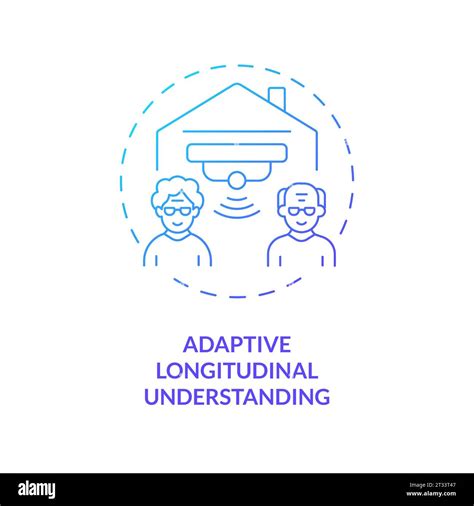Understanding the Concept of Gas Fees in Ethereum
Cryptocurrency has revolutionized the way we think about transactions and payments online. However, one often overlooked aspect of the cryptocurrency ecosystem is the concept of Gas fees. .
What Are Fees?
Gas fees, also known as transaction fees or Network fees, These fees are used to reimbury the network operators for the computational resources required to validate and verify each transaction. In other words,
How do Fees Work?
When you send cryptocurrency or interact with a smart contract on Ethereum, your transaction is broadcast to the network. . If a valid translation can be verified and add to the blockchain without conflicting, it is included in the block.
The gas fee determines the cost of verifying that each transaction meets this standard. Gas fees are typically Such as:
1.
- Block height :
- Network congestion :
Why Are Gas Fees Important?
Gas fees play a crucial role in ensuring the security and efficiency of blockchain networks. Here are some reasons why:
1.
2.
.
Best Practices for Minimizing Gas Fees
Ecosystem, there are some best practices you can follow them:
- Choose the right cryptocurrency

: some cryptocurrencies like Ethereum have lower fees compared to others.
.
3.
Conclusion
Gas fees are an essential aspect of the Ethereum Ecosystem, ensuring that blockchain networks operate efficiently while maxing security and scalability. The cryptocurrency and making decisions about your investments or applications. Whether you’re a seasoned cryptocurrency user or new to the world of blockchain technology, mastering gas fees is crucial for success in this rapidly evolving field.
Additional Resources
- [Ethereum’s Gas Fee Documentation] (
- [Blockchain Council: Gas Fees and Optimization Strategies] (https: // blockchaincouncil.